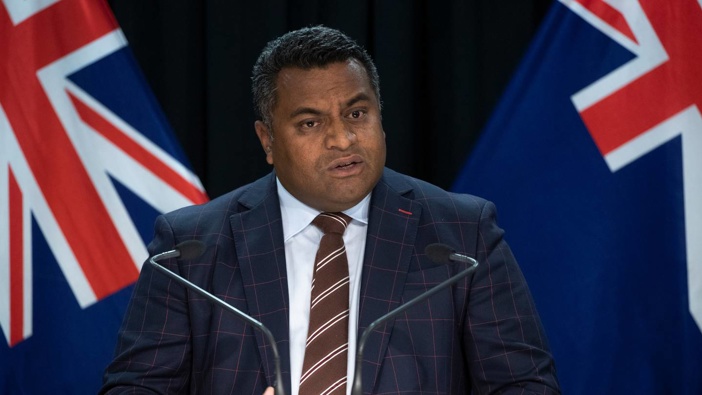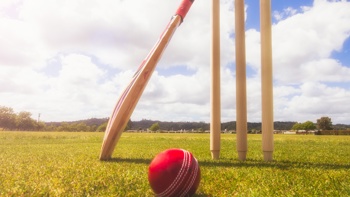Justice Minister Kris Faafoi isn't ruling out parents being criminalised if they stopped their children from taking hormone blockers in a way that is deemed to be harmful conversion therapy.
Faafoi announced the Conversion Practices Prohibition Legislation Bill today, to follow through with Labour's election manifesto promise to ban so-called gay conversion therapy.
"This bill isn't about criminalising people. It is about making sure we prevent harm that is happening as a result of these conversion practices," Faafoi said.
Asked whether parents could be jailed if they stopped their 12-year-old children from taking hormone-blockers, Faafoi said anyone intentionally changing or suppressing someone's gender identity or sexual orientation could be breaking the law.
But he told Newstalk ZB there was a "long line" to walk before reaching a criminal offence.
A conversion practice had to be directed towards someone because of their sexual orientation, gender identity or gender expression, and performed with the intention of changing or suppressing their sexual orientation, gender identity or gender expression.
Then harm had to be shown for a child, or serious harm for an adult.
If police decided there was a case, the Attorney-General would then need to sign it off before charges could be laid.
Faafoi said it was about letting people be who they are, and to avoid the harm that could come from these practices regardless of whether they were being pushed by "a priest or a parent or the rugby coach down the road".
"Conversion practices have no place in modern New Zealand. They are based on the false belief that any person's sexual orientation, gender identity, or gender expression is broken and in need of fixing.
"Health professionals, religious leaders and human rights advocates here and overseas have spoken out against these practices as harmful and having the potential to perpetuate prejudice, discrimination and abuse towards members of rainbow communities."
Green Party MP rainbow spokeswoman Elizabeth Kerekere said she welcomed the bill, and would work with Faafoi to ensure the legislation was "robust and protects all members of the rainbow community who have suffered from these practices, including anyone who is trans, intersex or non-binary".
National leader Judith Collins previously said her party would support a ban after she talked to its youth wing and Googled the issue.
Te Pāti Māori co-leader Debbie Ngarewa-Packer said te ao Māori (Māori world) had always celebrated diverse gender and sexual identities and "wholeheartedly" supported the bill.
It was also a step towards addressing the "dire state of our mental health system in Aotearoa", she said.
A spokeswoman for the Act Party said the caucus hadn't had a chance to discuss the bill yet and would do so at their meeting on Tuesday.
The bill creates two new criminal offences for either the most serious cases of harm or where there is heightened risk of harm. The bill also creates a pathway for civil redress.
Under the bill, it would be an offence to perform conversion practices on a child or young person aged under 18, or on someone with impaired decision-making capacity. Such offences would be subject to up to three years imprisonment.
It would also be an offence to perform conversion practices on anyone – irrespective of age – where the practices have caused serious harm, and would carry up to five years imprisonment.
Civil redress will also be an option where complaints about conversion practices could be made to the Human Rights Commission and the Human Rights Review Tribunal.
Faafoi said the definition of conversion practice would ensure health practitioners providing health services would not be captured, nor will people providing legitimate counselling, support and advice.
"General expressions of religious beliefs or principles about sexuality and gender will also not be captured," Faafoi said.
Text by Derek Cheng, NZ Herald
Take your Radio, Podcasts and Music with you










